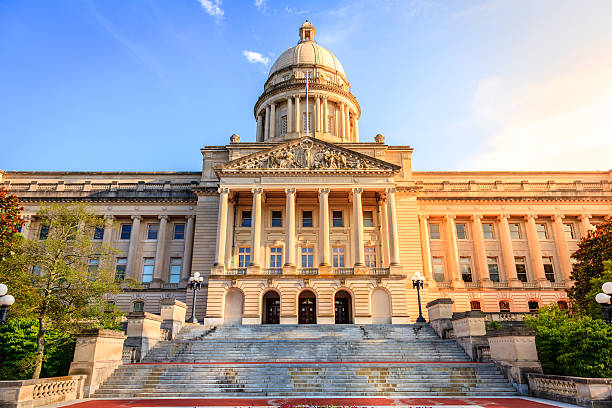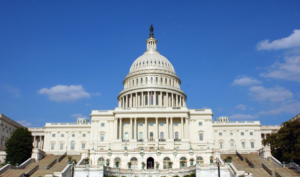Senate, House Republicans have some work left to do on the Kentucky budget

With the Kentucky Senate passing its version of the state budget Wednesday, attention now focuses on how Republicans in both chambers will look to reconcile their bills.
While GOP leaders in both chambers agree on most items, there are a few key differences in the bill.
For starters, the Bluegrass Institute for Public Policy Solutions pointed out the Senate’s two-year spending plan includes $250 million more to the state’s rainy day fund. There’s also less spending in general, as senators have been pushing to issue tax refunds to residents.
The House and Senate also disagree somewhat on pay raises for state employees. The House budget approved in January gave those workers a 6% raise. However, the Senate took a little different tack, with a $4,500 raise per employee in the first year. The Senate also wants the state personnel cabinet to conduct job and locality studies before determining salary increases in the second year.
The Kentucky Center for Economic Policy, in its analysis of the Senate’s plan, liked that proposal better than the House’s offering because it targeted more money for those paid the least. The center noted those are the positions the state is finding harder to fill.
Senate Appropriations and Revenue Committee Chairman Chris McDaniel, R-Taylor Mill, said giving those state raises was their top priority in the budget.
“The state’s workforce for the last 15 years has been widely without any kind of a raise,” McDaniel said during the Appropriations and Revenue Committee meeting Wednesday. “There have been targeted raises throughout that point in time, but, by and large, there has been no across the board increases.”
While state workers would get a raise, public school teachers would not be guaranteed pay increases. Raising teachers’ pay was a keystone of Democratic Gov. Andy Beshear’s budget proposal.
The decision to give raises would be passed down to the district level. Some have voiced concerns the funding provided to those districts would not cover adequate raises for educators and other school employees. The Kentucky Center for Economic Policy noted that, when adjusted for inflation, teacher salaries have been on the decline for years.
That’s not the only educational issue. One of the programs the Senate budget cut was funding for all-day kindergarten, which was included in the House plan.
That’s a concern for some as education and youth proponents see the value in the program, which lawmakers approved for the 2021-22 school year during last year’s session.
“Continued funding for full-day kindergarten would be an investment in our youngest Kentuckians’ futures as it boosts students’ academic achievement and strengthens their social and emotional skills,” said Dr. Terry Brooks, executive director for Kentucky Youth Advocates, in a statement.
When lawmakers return to Frankfort on Monday, they will have 12 legislative days remaining to agree on a budget before a 10-day veto period begins.
GOP leaders have expressed confidence they will reach a consensus and deliver a budget to Beshear before they leave Frankfort on March 30. Getting the bill to the governor by then would allow them to override any vetoes when they return for the final two days of the session on April 13.
The budget bill won’t be the only high-profile piece of legislation lawmakers will be discussing. Besides the tax rebates pushed by the Senate, House Republicans have passed a tax reform bill that the Senate is set to take up over the next two weeks.
This article was originally posted on Senate, House Republicans have some work left to do on the Kentucky budget





